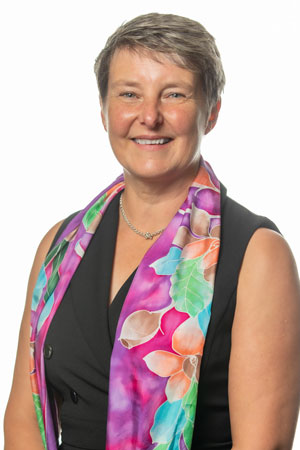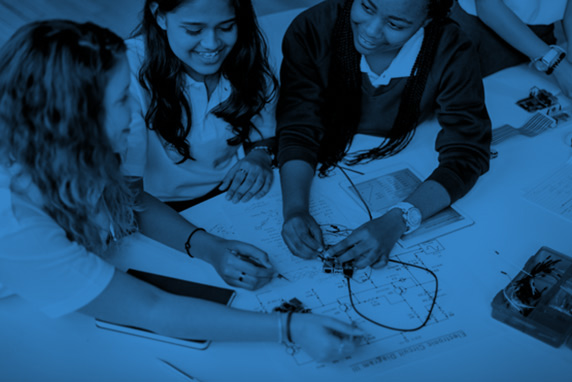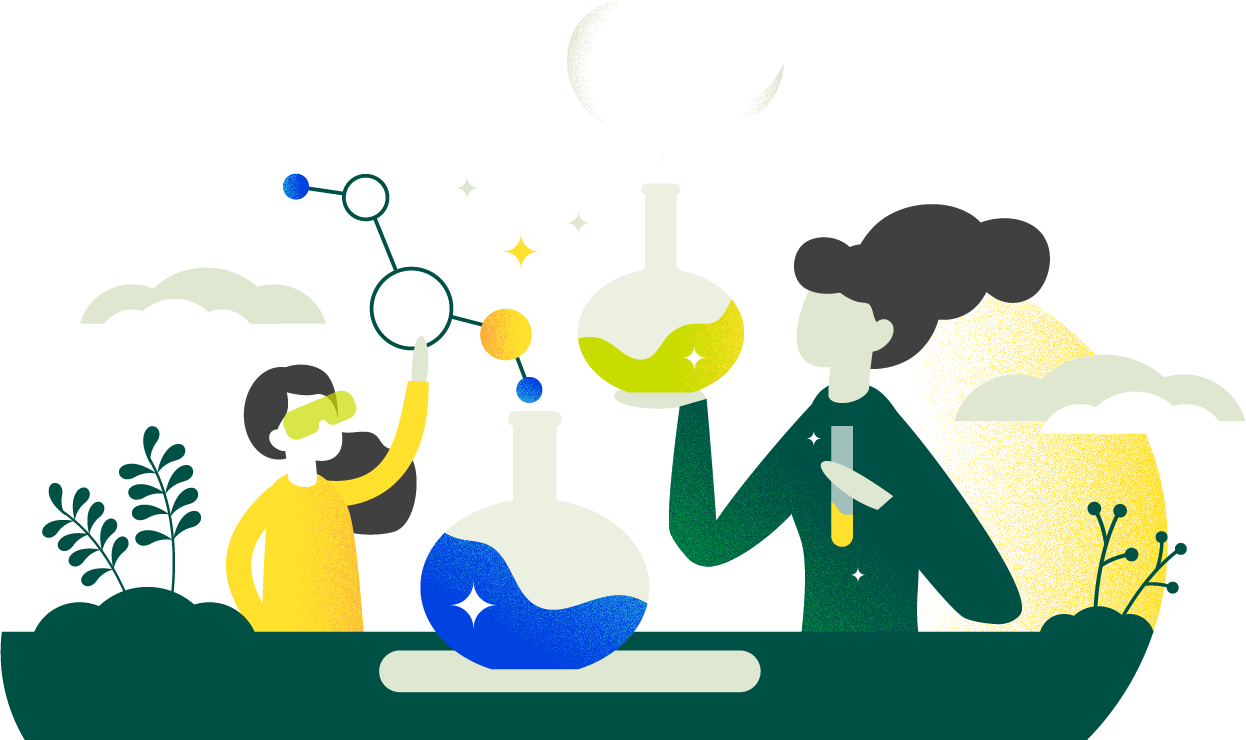Updated March 2024
Science education has significantly changed in Australia in the last 20 years. Prior to 2000, science education was focused on providing explanations for the scientific phenomena that students might observe in their everyday lives. Students were considered high ability if they could identify the key concepts and apply them to an alternative environment.
The national introduction of STEAM (science, technology, engineering, the arts, and mathematics) has provided a new approach to science education. The science concepts have been reframed and become future-focused. They are manipulated and applied to benefit individuals and groups in society.
The STEAM process does not aim to teach individual science concepts. Instead, this pedagogy is used as part of the education process to increase a student’s understanding of the science concepts taught in the classroom or as a cross-curricular approach that links science to the environment surrounding the student (their science identity). This is an important element described in the PISA 2025 Framework (draft), where students need to use scientific information for decision making and action. (OECD, 2023)
This is the focus of OUP’s STEAM projects that are available in the Australian market for Years 7 to 10. These STEAM programs use the skills and knowledge of science, mathematics, and the arts to engineer technological solutions to real-world problems.
Most importantly, STEAM students develop a set of transferrable skills with a framework that can be applied to problems in the future. Working in groups, students need to negotiate the complexities of social interactions and differences of opinion. Projects are managed as students learn to develop and test ideas and communicate their discoveries.
STEAM teachers model critical thinking, teach students to be creative (it can be taught) and let them fail so they can learn to try again. If this sounds familiar, it is because these are the skills of life. These are the skills that employers of the future will seek when the dirty, dangerous, and dull jobs are done by robots. By the time our students finish their schooling, they will think flexibly, critically, and creatively. They will understand the ethical consequences of their decisions and have confidence to turn thought into considered action. They will be true independent thinkers.
Our STEAM students will be ready for their, and our, future.
OECD. (2023). Overview. Retrieved from PISA 2025 Science Framework: https://pisa-framework.oecd.org/science-2025/
Helen Silvester has been an educator for over 20 years, held Head of Science positions, and has been the Director of the STEAM-focused Casey Tech School. She was shortlisted for the Prime Minister’s Secondary Science Prize for Excellence in Science Teaching in Secondary Schools and was Victoria's representative for the BHP Billiton Science Teachers Awards.
Helen has a wealth of experience writing and reviewing and has been an active participant in the Australian Science Teachers Association (ASTA), Australian School Science Information Support for Teachers and Technicians (ASSIST), and Science Teachers Association Victoria (STAV). Currently, Helen is the Learning Area Manager (Science) at the Australian Academy of Science.


